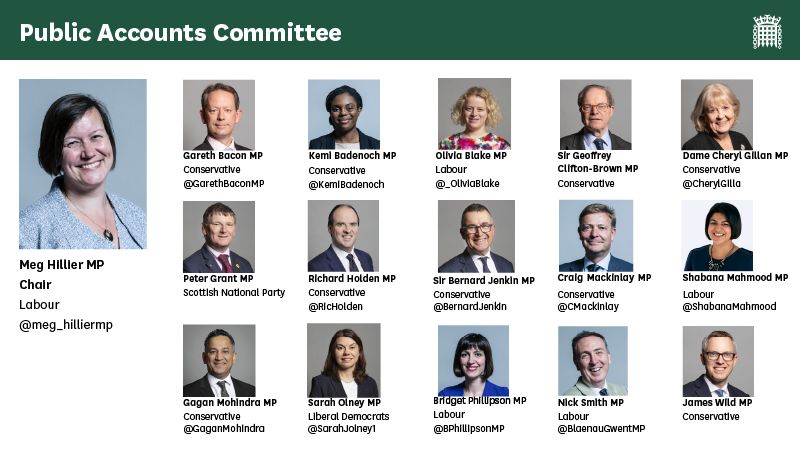Regulation is failing to protect people from the harms of the gambling industry
A new report looks at gambling regulation

The Public Accounts Committee finds the Department for Digital, Culture, Media & Sport (DCMS) and the Gambling Commission it oversees to have an “unacceptably weak understanding” of the impact of gambling harms.
In our report 'Gambling regulation: problem gambling and protecting vulnerable people', published on 28 June 2020, we conclude that the Gambling Commission:
- Isn't proactively influencing gambling operators to improve protections
- Consistently lags behind moves in the gambling industry
- Has “no key performance indicators”
We find DCMS to be lacking both the urgency to address these problems and any measurable targets for reducing the harms caused by gambling.
Gambling is a public health issue

When gambling operators fail to act responsibly, consumers do not have the same rights of redress as in other sectors.
There are an estimated 395,000 problem gamblers in the UK, with a further 1.8 million people ‘at risk’. The effects can be devastating and life-changing for individuals and families, including:
- Financial and home loss
- Relationship breakdown
- Criminality
- Suicide
The Government has approached other public health issues on the basis that prevention is better than cure. However, DCMS has been unwilling to accept that increasing the Commission’s budget to prevent harm would be preferable to spending on the treatment of problem gamblers.
Problem gambling should be higher on the Government's agenda

The Committee finds the pace of change to ensure effective regulation has been slow and the penalties on companies which don’t effectively tackle problem gambling are weak.
Together with DCMS, the Commission has “failed to adequately protect consumers” at a time of considerable change in the sector, as gambling increasingly moves online and new games become popular.
"The issue of gambling harm is not high up enough the Government’s agenda," adding that a review of the Gambling Act is "long overdue."
How do we fix a toothless regulator?

"What has emerged in evidence is a picture of a torpid, toothless regulator [...] The Commission needs a radical overhaul."
We conclude:
- The Gambling Commission should develop a plan for how it will be more proactive in influencing the industry to better treat consumers
- The Commission should urgently investigate the impact of fixed-odds betting that falls under “lottery” legislation and is accessible by 16 and 17-year-olds
- The Commission needs to “radically improve” the data and insight it collects to know what is going wrong for consumers
- Consumer rights must be strengthened, the impact on consumers assessed and options for increasing statutory protections, including an individual right of redress for breaches of the Social Responsibility Code of Practice, examined

The Government must now respond to our report
Our report 'Gambling regulation: problem gambling and protecting vulnerable people' was published on 28 June 2020.
Detailed information from our inquiry can be found on our website.
If you’re interested in our work, you can find out more on the House of Commons Public Accounts Committee website. You can also follow our work on Twitter.
The Public Accounts Committee is a cross-party committee of MPs that scrutinises government spending.
Title image source: stokpik via Pixabay

